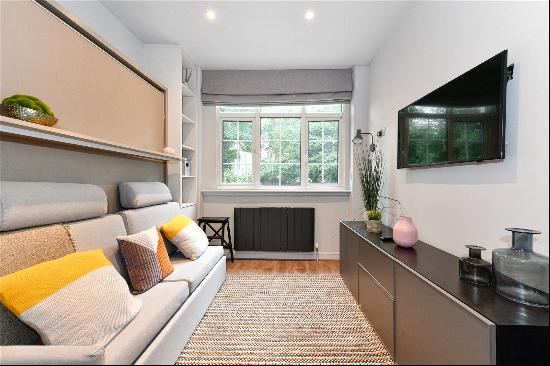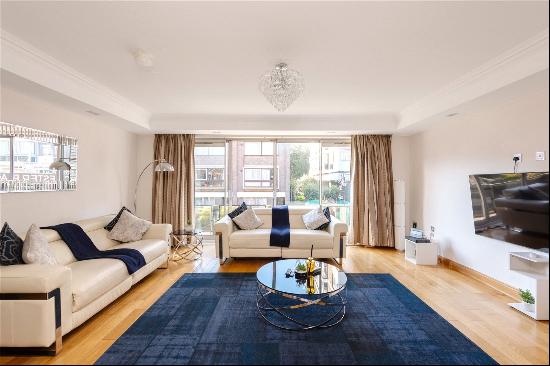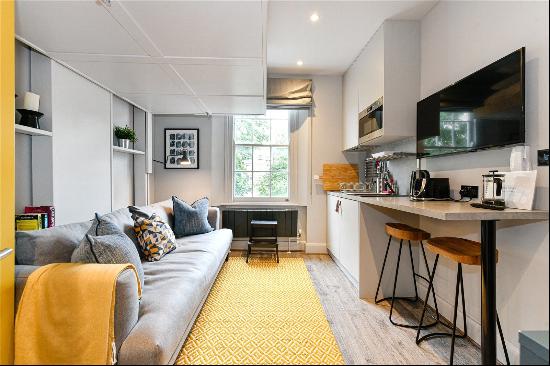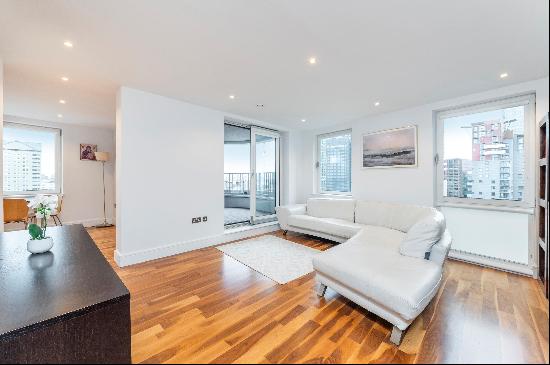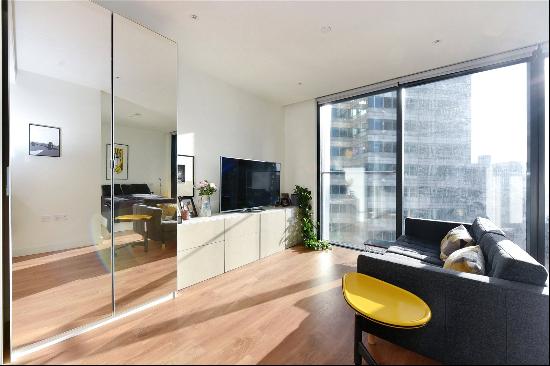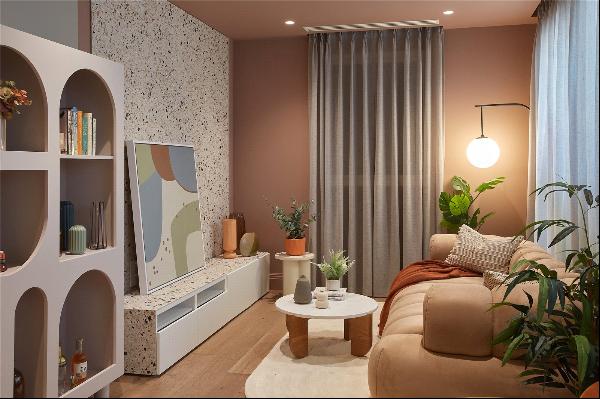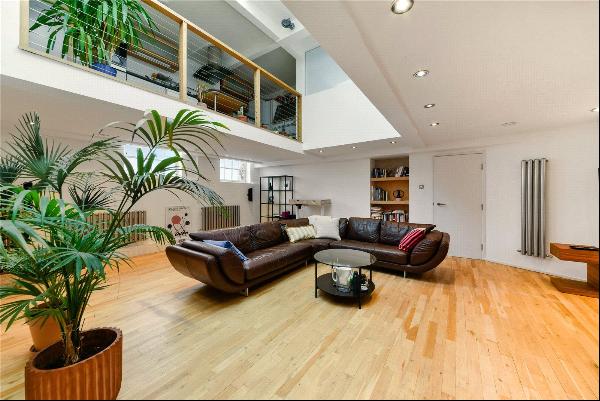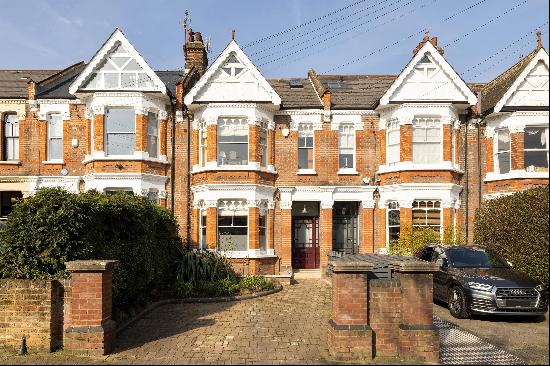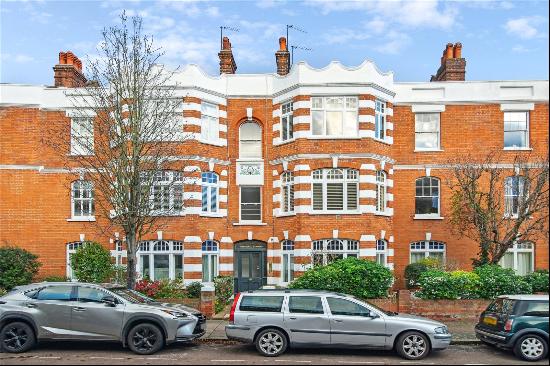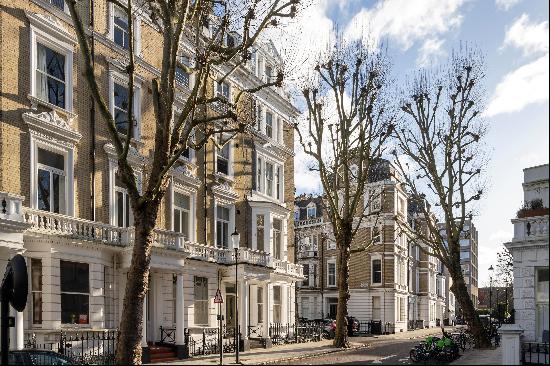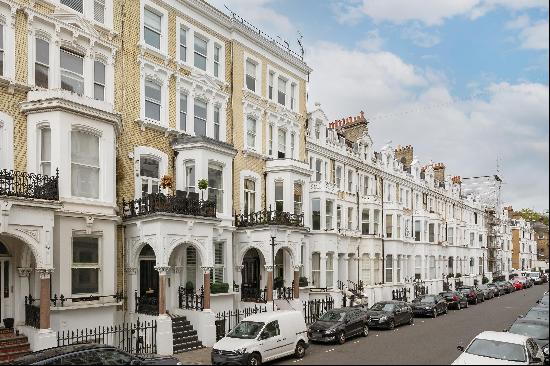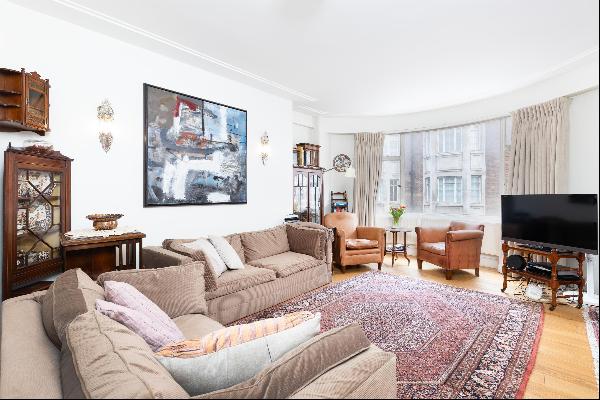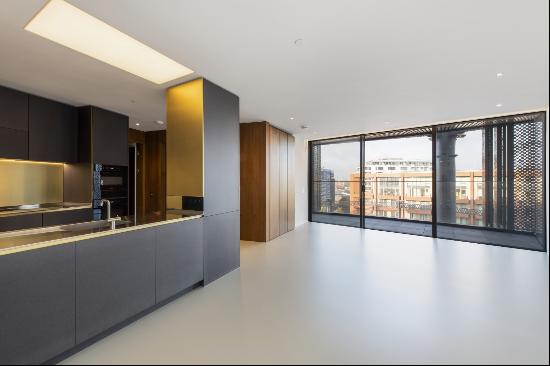
By James Greig
Sometimes, clients come to Ultimate Library with a simple request: make me look smart. “We received this as feedback in a recent questionnaire,” explains Mollie Wood, marketing and sales boss at the bespoke book-curation service based in London. “This was obviously not an avid reader, but someone who wanted to look authoritative, to reflect an interest in books they might not actually have.” The decline of reading may be a perennial concern, but the bookshelf has lost none of its power to convey status and refinement.
That’s not to say the company caters only to those trying to convince acquaintances that they’re keen fans of Henry James. On the contrary, many clients arrive at their first consultation with a highly specific set of preferences. “It’s always good to work with somebody who is really engaged in the process and sets us interesting challenges,” says founder and director Philip Blackwell. Ultimate Library designs book collections for hotels, resorts, spas and co-working spaces, but its work on private homes can be divided into two main categories: people for whom their property is their main residence, who may be looking to enhance an existing collection; and those buying a luxury property — sometimes one of many — who are looking to start from scratch.
In either case, it’s about connecting people with the books that best reflect their taste. “We’ll ask a number of leading questions designed to tease out someone’s interests and reading preferences, which may involve where they spend their time, things about their background, where they travel, what their passions are, their favourite genres and writers,” says Blackwell. “To give you an example, if somebody is very interested in crime and thrillers, and their property is going to be in a specific city, there’s usually a great thriller series set there.”

The briefs are often far more niche and idiosyncratic than an attempt to look clever. One client was looking for novels about war which had been adapted into films; another wanted a library dedicated to books about Manchester City Football Club — among more contemporary titles, the team tracked down an obscure but fascinating biography of Bert Trautmann, a German goalkeeper who played for the team in the postwar era. “He was just the most amazing character, a truly remarkable figure,” says Blackwell. “Being able to surprise and delight a client by finding that sort of book is wonderful.”
The owner of a private apartment in north London requested a library devoted entirely to witchcraft. “Among the team we’ve got around 100 years of combined bookselling experience. When it comes to witchcraft, there are older people like me who will think of [occult novelist] Dennis Wheatley, and younger ones who are perhaps more into Dungeons & Dragons,” says Blackwell. Drawing from this combined knowledge, the resulting library covered witchcraft from just about every conceivable angle.
Prior to founding Ultimate Library in 2008, Blackwell spent decades working in bookselling and the publishing industry, and the expertise he acquired is integral to the service he now provides. “If someone is looking to build a book collection for a property in Bulgaria, what do we know about that? Well, we know about their leading poet, we know about the International Booker Prize-winning author Georgi Gospodinov, and we know about the people who’ve travelled there who will be able to provide a cultural insight,” he says.
As well as this insight into subject matter, Blackwell’s knowledge of the industry itself allows Ultimate Library to work with the entire spectrum of publishers, from the largest and most established houses to independent start-ups and boutique specialists. “We were looking for a book on the history of Japan the other day, and we came across Old Street Publishing — they produce these very good, shortish histories that you can read in a day and remember for a lifetime,” he says. “We are able to identify books that not only cover the subject, but do it in an amusing and engaging way.”

Ultimate Library’s work often has to take into account design alongside curation: “One of our skills is being able to tick the aesthetic box while ensuring that the content is good, so it’s about style and substance”, says Blackwell. The interior designers they work with may have detailed requirements, particularly if it is a development site and the ultimate purpose is to sell the property. “A brief will often say ‘it’s a New York apartment, we’ve got 10 linear metres of shelving to fill, we want a muted colour palette, greys and blacks and beiges, and books on art and architectural photography’,” says Blackwell.
When it comes to ensuring that a client’s needs are met, the installation process is vital. The curators spend a lot of time thinking about how a book collection — whether library, snug or single bookshelf — can best match the surrounding space. The collections are designed according to a preprogrammed grid, which has occasionally led to some last-minute surprises. During one project, the team had prepared a selection of classic titles with dark spines to complement a square space in the middle of a room, which they had been told would surround a black, rectangular television. When it turned out the space actually featured a bright, fluorescent art installation, they had to go back to the drawing board, completely refiguring the collection with bright-spined books about art and architecture.

According to Blackwell, there is no single secret to a great personal library — it very much depends on character and taste. “When we’re curating a collection, whether it’s private or institutional, we try to find interesting, quirky books that people don’t necessarily know about, where the titles will leap off the shelf and make people say, ‘Oh, I never knew there was a book about that.’ ”
Leatherbound classics have their place, but it’s the surprising and unexpected choices that transform a collection of books into a truly unique library.
Photography: Studio Vero; Tiberio-Sorvillo





